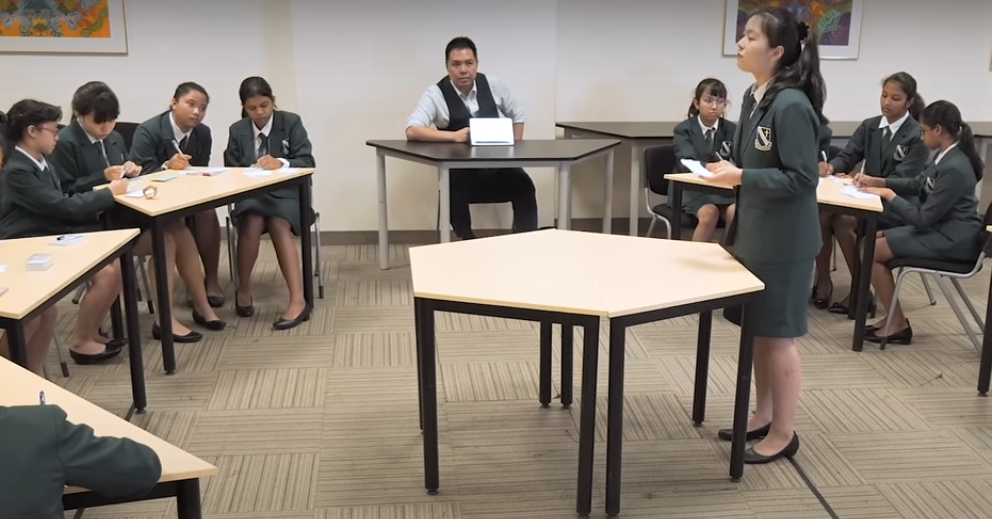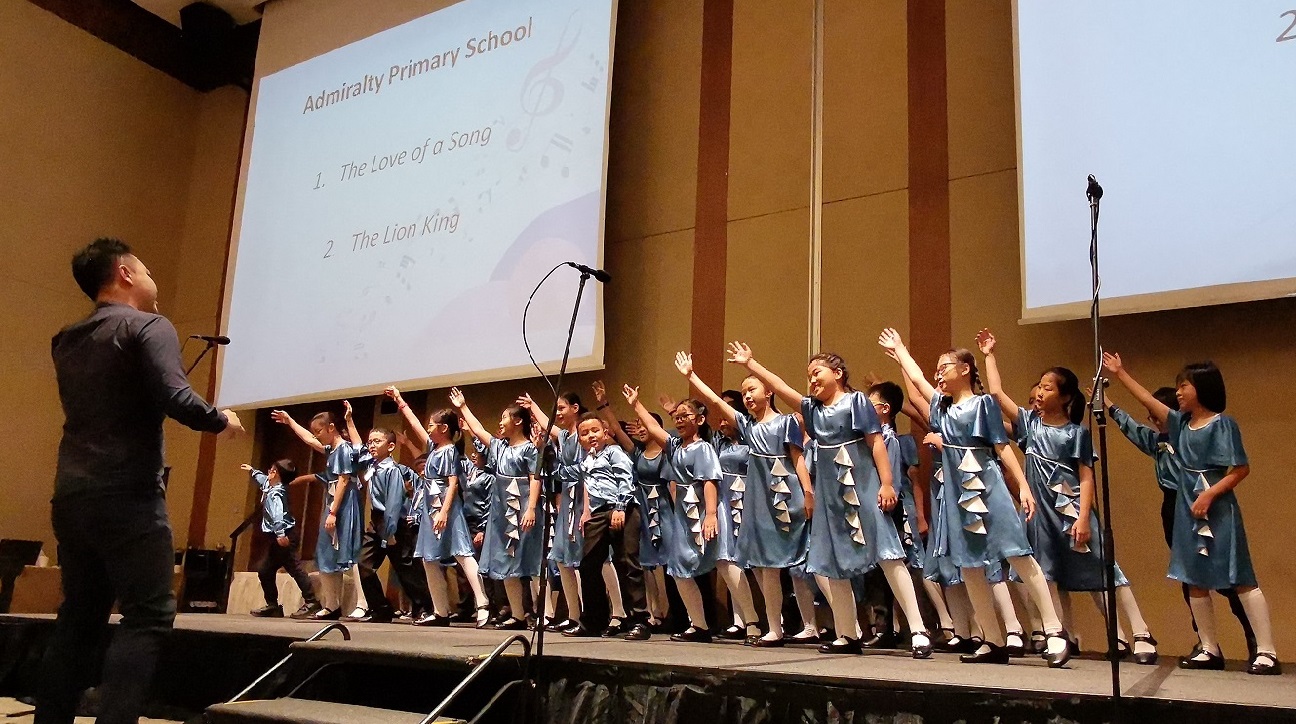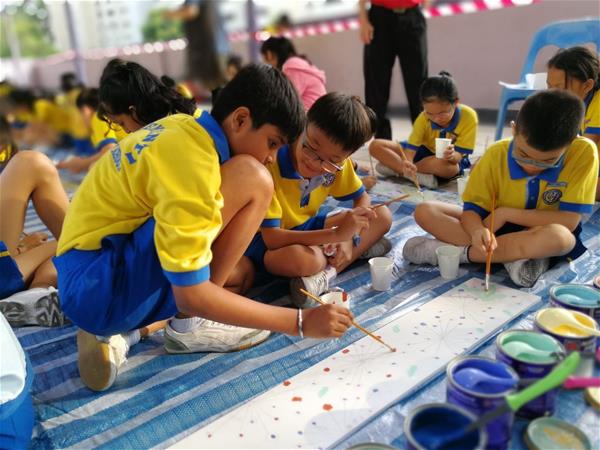The teachers-in-charge of the Debate Club in St. Margaret’s Secondary School were given five weeks to plan for the conversion of the CCA from a physical format to an eCCA (electronic Core Curricular Activity). All this happened while the school year was in flux, with Covid-19 threatening to upset the school calendar year. But once the teachers and students had started Home-based Learning (HBL), it became clear that a CCA like debate—primarily a speaking club—would be able to take on the online format. After all, nation-wide debate tournaments had already been conducted online since the start of 2020.
Teacher-in-charge, Mrs Vimi Rethinam, says, “We could have started the online format earlier, but we didn’t want our teachers to be overwhelmed, as most teachers were already busy with HBL. We also needed to jump on the bandwagon as the Debate Association Debating Championship and Oldham Cup were conducted online this year, while the Thoburn Cup is held in October. We had to let our students meet and debate online so they could continue to hone their debating skills and learn how to research debate topics better.”

Mrs Vimi Rethinam during the Debate Club’s onsite sessions with safe distancing measures in place
Mrs Rethinam has been teaching English and Principles of Accounts at St. Margaret’s for 13 years, having taught at Yu Hua Secondary for 12 years before that. Since 2015, she has been overseeing the Debate Club’s skills development and coaching of the debaters. She is grateful they have a supportive debate coach, Mr Sam Myat San, who is an external instructor.
She says, “When I mentioned about going online, he was more than ready to support us. Debate generally involves a lot of preparation work. Before the pandemic, the coach would come to school already prepared to coach the students. Similarly, once the sessions went online, he would send the case preparations to me in advance which I would forward to the students via shared documents on a Cloud platform. He was very professional and handled the sessions very well by giving students ample time to prepare, listening to them actively and behaving with utmost decorum.”
A former member of the Harvard Debate Team and Singapore National Debate Team, Mr San says there were definitely challenges with eCCAs as debating is an oratory skill traditionally focused on a live audience, in the physical presence of opponents and teammates. But using video-conferencing programs such as Zoom maintained the tempo of the Club’s training sessions. “Some of the students recorded their speeches for my analysis and feedback. The more introverted ones also benefited from this format as they were able to overcome their inhibitions during online debates, while the stronger speakers had more chances to ask further questions and seek clarifications,” he says.
The eCCA format also allows students to stay connected and foster good bonding, which is especially important due to the pandemic’s social distancing measures. Head of CCA, Mr Lim Bing Hui, says, “CCA plays a key role in our students’ holistic education in school. Our students have had a major disruption in their school experience due to the suspension of CCA. But by conducting eCCAs as an alternative mode of student engagement, we managed to maintain the Debate Club’s spirit.”

St. Margaret’s Secondary’s Debate Club in one of their onsite sessions
So far, coming on board to eCCAs has been a smooth transition for St. Margaret’s Secondary Debate Club. Still, nothing beats face-to-face interaction. Mrs Rethinam adds, “With 23 girls in the club, we make sure there is at least one teacher-in-charge on the online platform to facilitate the learning online. To manage the numbers, we use breakout rooms and toggle between the rooms for simultaneous coaching and learning. But during eCCA sessions, it’s not easy to have impromptu debates, when motions are not given in advance, as the girls have to think on the spot without their teammates physically next to them to collaborate quickly.”
That said, the support of parents has made the online transition easier, as Mrs Rethinam notes that parents have acknowledged that conducting eCCAs is not as simple as it looks. She says, “I am heartened that our girls are supportive too. They are quite an excited bunch and enjoy watching and listening to each other, even online. It is, after all, a tightly bonded club, and they show up simply because they see themselves as part of the team.”
*This is a series of articles on eCCAs being conducted in MOE schools. Click here for:
Greendale Primary School’s Chess Club | Admiralty Primary School’s Choir | Bedok Green Secondary School’s Environment Club




.jpg)

